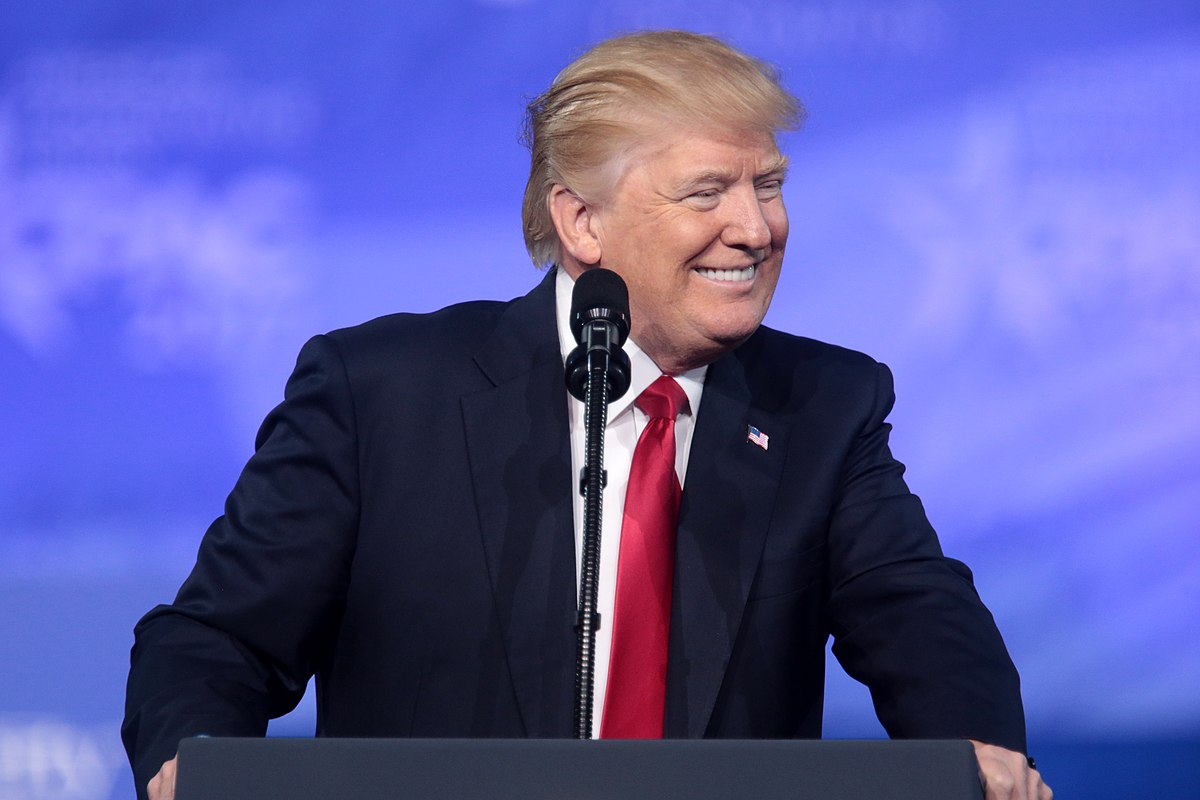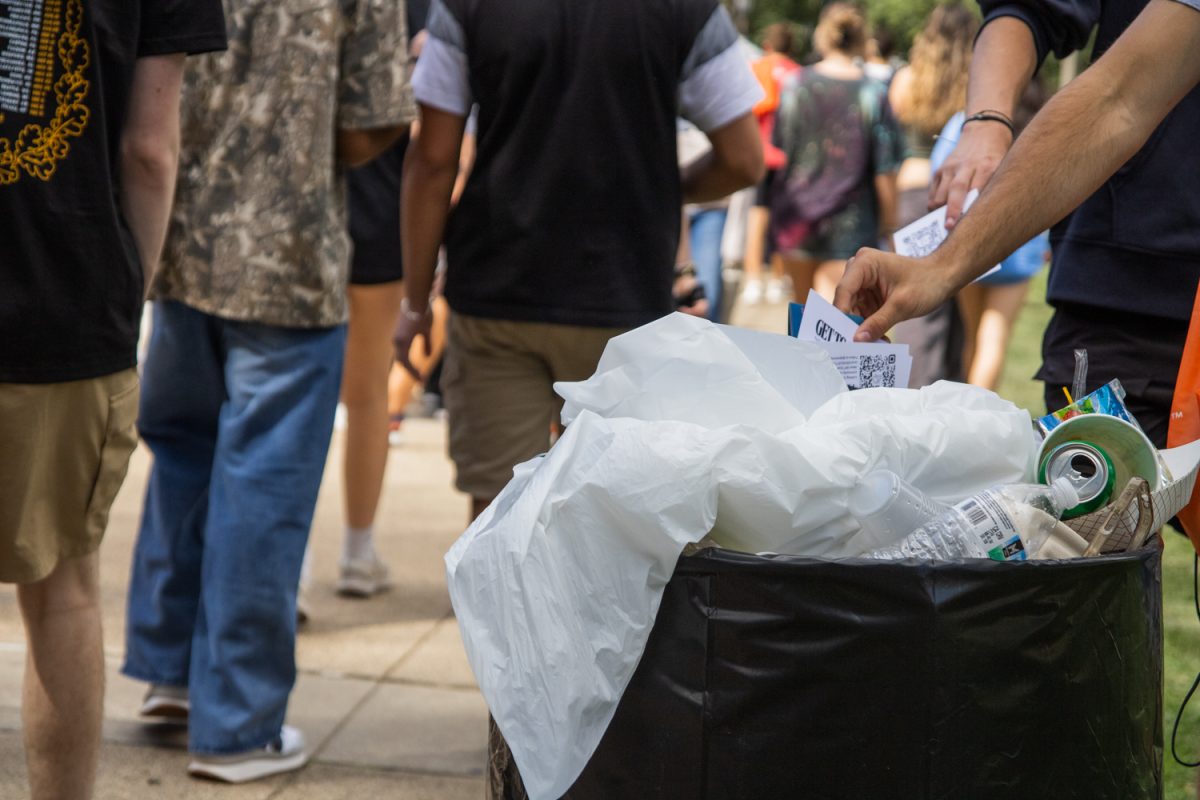In the current landscape of American politics, we find ourselves in an unprecedented era of dysfunction, where traditional norms and procedures have been cast aside.
At the center of it, a single politician has gotten far by doing exactly that: not following the rules. Donald Trump, the 45th president of the United States, has been arguably the most controversial president of all time, but that’s exactly how he became president in the first place.
At the center of Trump’s controversies have been a staggeringly high amount of criminal allegations. In total, there have been a shocking 91 criminal charges across four different states and cases.
One would think that these allegations, covering felonies such as forgery, conspiracy, obstruction, retention of classified information and so on, would significantly hinder an ordinary politician’s approval ratings. And yet, since the beginning of 2022, Trump’s favorability among Americans had a surprising effect of a 3%, according to FiveThirtyEight, a data collection website that averages all reliable polls conducted.
First and foremost, the steadfast loyalty that Trump’s base displays can be attributed to the cult of personality that surrounds him. He has been able to cultivate a unique image as a political outsider who is willing to defy the establishment, a status that has endeared him to Americans who feel especially left behind by the government.
Get The Daily Illini in your inbox!
To create a bond with his supporters, Trump utilized bombastic and unapologetic rhetoric daily. In many cases, this would include the constant framing of his defiers as people on a “witch hunt” and that any media source that covered him in a negative light would be “fake news.”
Perhaps Trump knew early on that allegations against him would eventually arise. Either way, by painting the picture that most of the country is out to get him ahead of time, he effectively trained the minds of his supporters to automatically reject anything that went against him.
This strategy, done intentionally or not, is reflected in a study that measured Americans’ trust in government. The study showed that in 2020, 38% of Republicans trusted the government to do what is right most or all of the time, a high not seen since the early years of George W. Bush’s presidency.
Then, during the election cycle of 2020 and the events of the Jan. 6 attack on the Capitol, the Republicans’ trust in the government plummeted, culminating in an almost record low of 5% on March 11, 2021.
There is a direct correlation between this plummet in trust in the government from Republicans and the number of tweets from Trump, as between the months of September and December 2020, Trump tweeted an average of about 1,000 times a month, peaking at almost 1,500 tweets in the month of October 2021 alone.
Through this harnessing of support, Trump was able to successfully capitalize off of his outrage, as the data shows, by tweeting the most at the same time government trust plummeted to a record low.
This positive correlation shows the significant impact Trump’s tweets had on his support base and goes to show his supporters will believe most or all of what he is saying, and, in turn, develop extreme distrust in his political opponents.
Some may think that Trump’s removal from Twitter in January 2021, which lasted until late 2022 when Elon Musk bought the platform, would be like a bucket of water over a flame.
But the truth is that after the previously mentioned period where he tweeted continuously during the election of 2020, the damage had already been done.
Trump’s mission, through the use of the intentionally planted seed of doubt within his supporters, was accomplished. He didn’t even need to develop a following on Truth Social, his personal alternative to Twitter, because his supporters were already sold on him.
The devotion Trump’s supporters have for him, paired with their willingness to believe him through scandals involving criminal allegations, is what keeps him healthily afloat in the political sphere today.
Because of that, Trump’s ability to foster doubt in politicians and media that defy him, and to harness that doubt as a safety net against any criminal convictions he may face, are exactly what make him the dangerous political opponent he is.
There is no way of knowing how exactly the aforementioned 91 allegations will affect his run as president next year, if at all, but it will certainly be fascinating to find out.
George is a junior in LAS.












